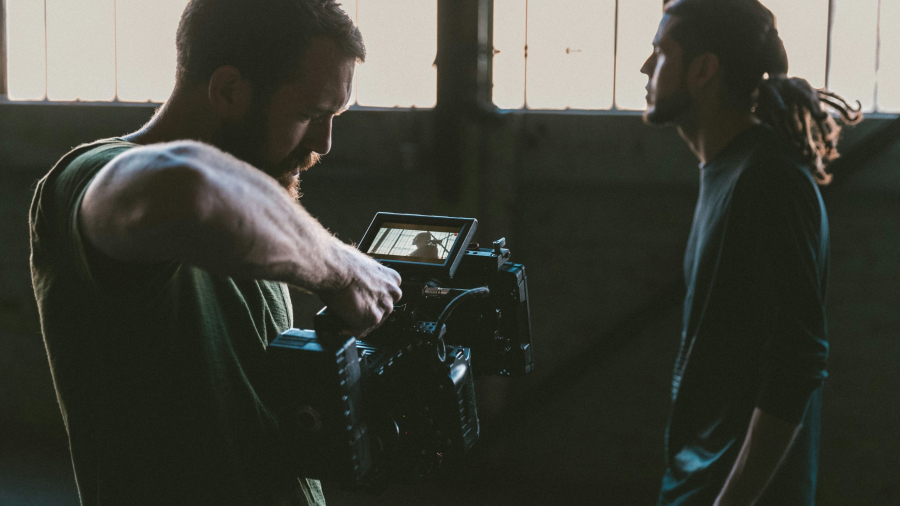In today’s fast-paced digital age, technology has become a driving force reshaping various aspects of our lives, and the film industry is no exception. From the way movies are shot and edited to the methods of promotion and distribution, every facet of filmmaking has been revolutionized by innovative technologies. This marriage of cutting-edge tech with the art of storytelling has transformed the cinematic landscape like never before.
From the early days of silent, black-and-white films to the immersive experiences of high-definition visuals and 3D environments, technological advancements have propelled the film industry forward. Digital cameras and editing software have simplified the production process, while cloud technology enables seamless collaboration among global production teams. Online marketing campaigns and streaming services have made films more accessible to audiences worldwide.
Here, we delve into six groundbreaking technological advances that are shaping the future of the film industry:
- 3D Printing: Originally developed for manufacturing and prototyping, 3D printing has found its way into filmmaking, revolutionizing prop construction and costume design. Its ability to create intricate, three-dimensional objects with ease has streamlined the production process, marking a significant stride in film production.
- Virtual Reality (VR): VR technology enhances viewer immersion by transporting them directly into the film’s environment, allowing for active participation rather than passive observation. Voice synthesis technology, like Respeecher, further enhances the VR experience by offering language-agnostic dialogue presentation, promising to become integral in movie VR experiences.
- 3D Animation: Computer-generated imagery (CGI) has become ubiquitous in both animated and live-action films, with a growing demand for convincing CGI visuals. Industry-standard software like Pixar’s RenderMan and Autodesk Maya empower animators with versatile toolsets to bring characters and environments to life.
- Drones: Drones have become valuable tools in filmmaking, offering directors precise control over shot angles and compositions. Autonomous drones equipped with obstacle-avoidance capabilities enable filmmakers to capture breathtaking aerial footage with ease.
- Real-Time Rendering: Real-time rendering revolutionizes CGI workflows in film production by eliminating long render times, allowing for rapid modifications to digital environments. This advancement opens up new possibilities for creativity and collaboration in virtual production.
- Film Editing Software: Industry-standard editing software like Adobe Premiere Pro and Final Cut Pro remain popular choices for professional editors. While economical options like iMovie serve personal projects, they may lack the advanced features required for feature film production, such as editing high-definition footage and crafting special effects.
These technological advancements continue to shape the future of the film industry, offering filmmakers new tools and techniques to tell compelling stories and create unforgettable cinematic experiences.



Add a Comment